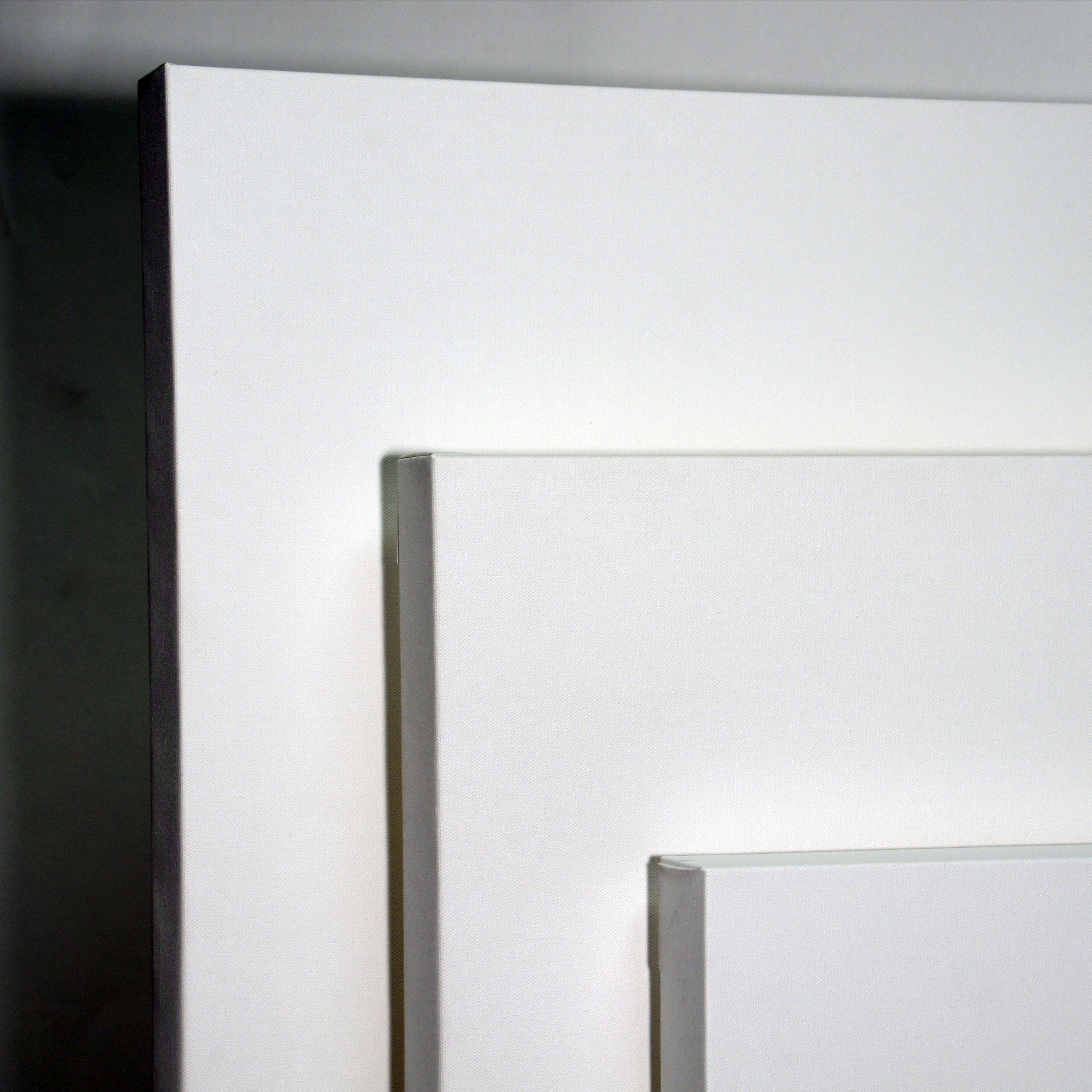
Custom Canvas Sizing Guide: Tips for Selecting the Perfect Dimensions
Choosing the perfect canvas size can significantly impact the overall appeal and effectiveness of your artwork. Whether you’re a professional artist, a hobbyist, or someone looking to enhance their living space with personalized art, understanding how to select the right canvas dimensions is essential.
Here’s a comprehensive guide to help you make the best choice.
1. Purpose and Placement
The first step in selecting the right canvas size is to consider the purpose and placement of the artwork. Are you creating a statement piece for a living room, a subtle accent for a hallway, or a personalized gift for a friend?
- Large spaces – For big areas like living rooms or offices, larger canvases (e.g., 36″x48″ or 48″x72″) can create a focal point and fill the space effectively.
- Small spaces. – For smaller rooms or intimate spaces, choose smaller canvases (e.g., 12″x16″ or 18″x24″) to avoid overwhelming the area.
- Gallery walls – If you’re planning a gallery wall, consider using multiple small to medium-sized canvases in varying dimensions to create a dynamic and visually appealing arrangement.
2. Aspect Ratio
The aspect ratio, or the relationship between the width and height of the canvas, plays a crucial role in the composition of your artwork. Common aspect ratios include:
- Square (1:1) – Ideal for portraits and symmetrical compositions. Popular sizes include 12″x 12″ and 24″x 24″.
- Landscape (4:3, 3:2) – Best for landscapes and wide subjects, such as mountains, trees and rivers. Try sizes like 16″x 12″ and 24″x 16″.
- Panoramic (2:1, 3:1) – Great for capturing wide, sweeping views such as a landscape, military battle or historical event. Common sizes are 24″x 12″ and 36″x 12″.

3. Subject Matter
The subject matter of your artwork should influence your canvas size choice. Different subjects can benefit from different dimensions.
- Portraits – For a single portrait, medium sizes like 16″x 20″ work well, while larger sizes such as 24″x 36″ are ideal for multiple subjects.
- Landscapes – Wide canvases enhance the feeling of vastness in landscape paintings. Consider panoramic sizes like 30″x 15″.
- Abstracts – Abstract art offers flexibility. Experiment with various sizes, but large canvases (e.g., 36″x 48″) often make a bold statement.
4. Scale and Proportion
Ensure that the canvas size complements the scale and proportion of the surrounding environment. A tiny canvas on a large wall can look out of place, while a massive canvas in a small room might feel overwhelming.
- Balanced proportion – A good rule of thumb is that the artwork should take up about 1/2 to 3/4 of the wall space above a piece of furniture. For example, your couch measures 6ft (72 inches), your canvas shoould be 36-54 inches wide.
- Orientation – Consider the orientation of the space. Vertical canvases (e.g., 24″x 36″) suit narrow wall spaces, while horizontal canvases (e.g., 36″x 24″) are perfect for wide areas.
5. Experimentation and Customization
Don’t be afraid to experiment with unconventional sizes and custom dimensions. Custom canvases allow you to tailor your artwork to specific spaces and creative visions. Measure your space carefully and consider mock-ups to visualize how different sizes will look.
Selecting the perfect canvas size involves a thoughtful consideration of purpose, placement, aspect ratio, subject matter, and scale. By taking these factors into account, you can ensure that your artwork not only fits the space but also enhances its overall aesthetic. Whether you choose a ready-made size or opt for a custom dimension, the right canvas size can elevate your art and transform your environment.
Looking for Canvases for Painting?
A custom-size, professional canvas for painting is available at CanvasLot. We have decades of experience in making high quality canvases for artists. Order online or call us today at 1-512-910-7333 (Austin, TX), Mon – Fri: 9am to 5pm (Central Time) and we’ll deliver your canvas right at your doorstep.